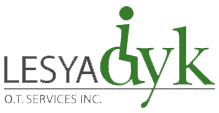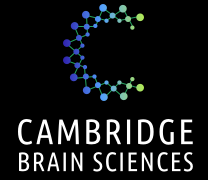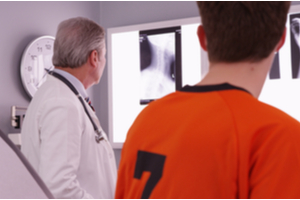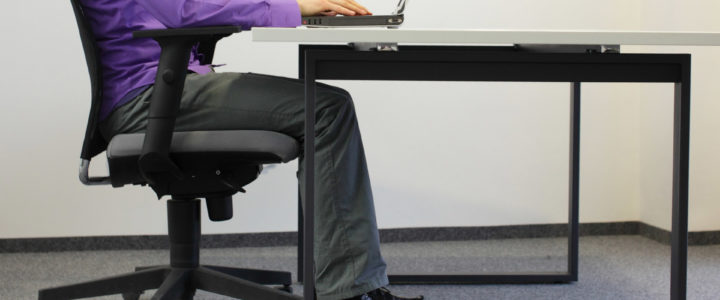LDOT and GOT – The Baton Has Been Passed…
Merger unites experienced professional Occupational Therapy team
“In business as in life, it is not what we leave behind that matters, it is what we pass on and
launch forward ….”
Lesya Dyk OT, Reg. ON and Julie Geronimo OT, Reg. ON, announce the merging of the clinical operations of Lesya Dyk OT Services with Geronimo OT effective May 1, 2023. This merger is the culmination of Lesya’s 25 years in her clinical practice Lesya Dyk OT Services Inc., and allows Lesya to concentrate on supporting Geronimo OT, as Julie expands her staff and her services.
Lesya and Julie have known each other for over 15 years, Lesya having hired Julie as she graduated from OT school in 2007. Julie’s skill and ambition could not be denied, and she started out on her own with Geronimo OT in 2015. During this time, Lesya and Julie kept in close contact, and supported each other’s Occupational Therapy practices
“This move was always a part of my succession plan – I had wanted to pass the baton to someone like Julie Geronimo”, stated Lesya Dyk. “Leaving the practice in the hands of a like-minded Occupational Therapist who would take on not only the files, but maintain the existing staff and contract therapists. And most of all, it was important that the same values I have as a practitioner are maintained”.
“I have worked with all the LDOT staff – so merging the clinical operations and taking on the staff allows me to expand the offerings of my practice without a significant period of transitioning” explained Julie Geronimo. “Lesya has developed a robust Functional Capacity and Vocational Assessment offering. Having Lesya’ s ongoing commitment to support this transition and have a role in the clinical part of the practice has made this decision easier to consider”.
All of LDOT clinical files will be assumed by Geronimo OT (Julie Geronimo) on May 1, 2023. There should be no change in clinical staff assigned. Julie will continue her work in providing leadership as she expands her practice. Lesya will continue to work with referral sources and provide support to transition the work done in the Auto Sector, Vocational and Medical Legal Assessments. Lesya will also support Geronimo OT at conferences and in new business development initiatives.
For further information, please contact:
Lesya Dyk
Phone: 905-481-1122 x211
Email: lesya@ldot.ca
Julie Geronimo
Phone: 289-759-1091
Email: julie@geronimo-ot.ca






